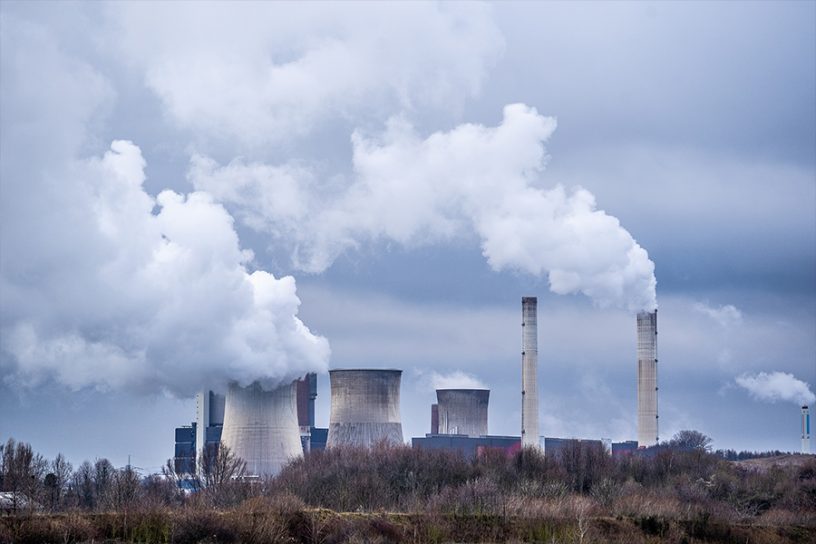
Nuclear energy can play an important role today in clean energy transition and its contribution to climate change mitigation must be recognized.
Authors
Armin Rosencranz, Professor, Jindal School of Environment & Sustainability, O.P. Jindal Global University, Sonipat, Haryana, India.
Shivjeet Parthasarathy, Research Assistant, Jindal Global Law School, O.P. Jindal Global University, Sonipat, Haryana, India.
Govind Singh, Associate Professor, Jindal School of Environment & Sustainability, O.P. Jindal Global University, Sonipat, Haryana, India.
Summary
Our knowledge of nuclear energy is clouded. The specters of Fukushima and Chernobyl, visions of a mushroom cloud, and desolate fallout loom large over our heads. Mass media has kept our attention divided by focusing more on the challenges and threats of nuclear energy. This does not allow us to weigh the pros and cons of nuclear energy in a fair manner.
It is no wonder then that we have failed to appreciate the benefits of nuclear energy which greatly outweigh the relative threats. The environmental and economic advantages of adopting nuclear energy are many, including overcoming the climate emergency. Nuclear power has been touted as an expensive form of energy. However, nuclear energy provides greater bang for the buck than all existing energy sources, including renewable energy.
While the capital cost of establishing nuclear power plants may seem high, the combined capital and operation and management costs make nuclear energy the most economic option. The technology and framework required for harnessing nuclear energy is available unlike in the case of renewable energy.
Research is being undertaken for developing next- generation nuclear plants that will soon reduce the large up-front cost of nuclear energy. According to the US Energy Information Administration (EIA), energy-related carbon dioxide emissions will continue to increase through 2050 in a business-as-usual scenario.
The US EIA projects that renewables may become the primary source for new electricity generation in the coming decades. However, it warns that fossil fuels along with batteries will continue to be used to meet rising energy demand and provide grid reliability.
Published in: The Statesman
To read the full article, please click here.


